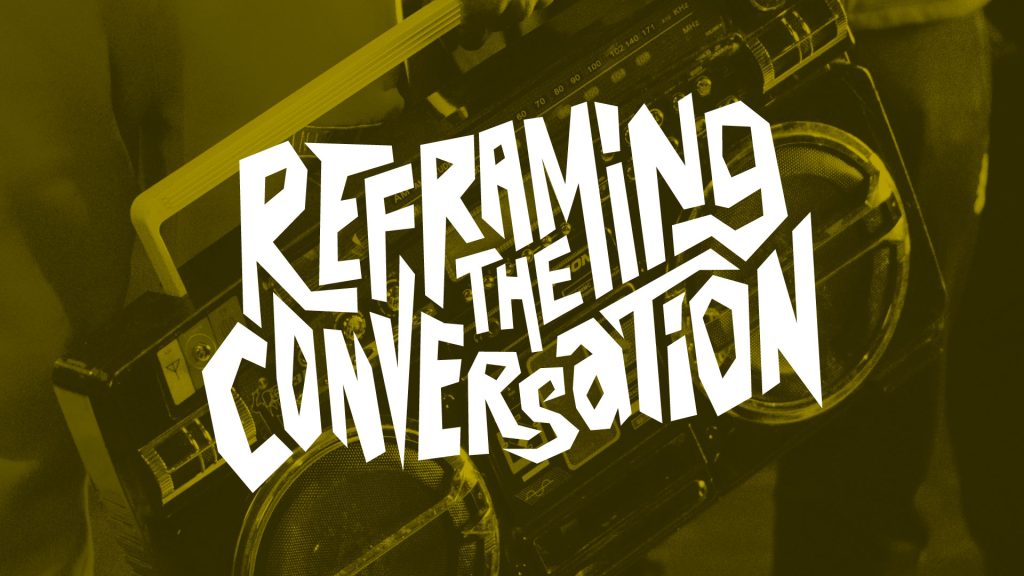
Wednesday, February 14, 2024
12:00 - 1:00 PM
Hinckley Institute of Politics,
260 South Central Campus Drive,
Room 2018,
Salt Lake City, UT, 84112
United States
Forum offered online and in the Hinckley Institute caucus room - Room 2018, Gardner Commons.
Over the past five decades, Hip-Hop has rocketed from a local subculture to a global phenomenon, leaving an unmistakable mark on our culture and helping drive social movements. Emerging from the marginalized neighborhoods of the Bronx in the 1970s, this art form almost immediately became a powerful vehicle for self-expression and commentary on social issues that has shaped the country.
Hip-Hop’s influence on culture can’t be overstated—extending beyond music to encompass fashion, film, politics, and visual arts. The art form has also provided a platform for underrepresented voices, allowing artists from communities to share their experiences and address social and economic inequalities. From the sober storytelling of early pioneers like Grandmaster Flash, Slick Rick, and BDP to the socially conscious lyrics of artists like Public Enemy, Lauryn Hill, and Kendrick Lamar, Hip-Hop has consistently challenged the status quo.
Hip-Hop’s beats and rhymes have also become anthems for activism, inspiring whole movements while addressing issues such as racial injustice, police brutality, gender inequality, and economic disparities (Public Enemy’s “Fight the Power” is one obvious example). Artists like Tupac Shakur and Kendrick Lamar have used their platforms to spark conversations about systemic issues—while other artists like Lil’ Kim, Cardi B, and Lil’ Nas X have challenged generations to question and confront societal norms.
Please join us and our partners at the Hinckley Institute of Politics for this special Reframing the Conversation during Black History Month—where we’ll explore many of the areas in our culture that Hip-Hop has helped shape over the past half-century.
Reframing the Conversation is a monthly hybrid series. Attendees can join in person at the Hinckley Caucus Room (GC 2018) or virtually on the Reframing the Conversation webpage.
ASL interpretation will be provided and auto-captions will be available. All requests for event access support and other questions or concerns may be directed to edi-events@utah.edu.
Panelists:
- Alicia Griffin
- Ph.D. Associate Professor of Race and Communication The University of Utah
- Ephraim Kum
- Program Coordinator, Black Cultural Center The University of Utah
- Luis Lopez, M.Ed.
- Associate Director, First Ascent Scholars The University of Utah
- Theresa Martinez, Ph.D.
- Associate Professor of Sociology The University of Utah
Moderator:
- Meligha Garfield
- Director, Black Cultural Center The University of Utah Rachel
COSPONSORED BY THE OFFICE OF EQUITY, DIVERSITY, AND INCLUSION
Pizza will be distributed to attendees at the beginning of the event. Please plan to arrive at the venue promptly.
The Hinckley Institute neither supports nor opposes the views expressed in this forum.
